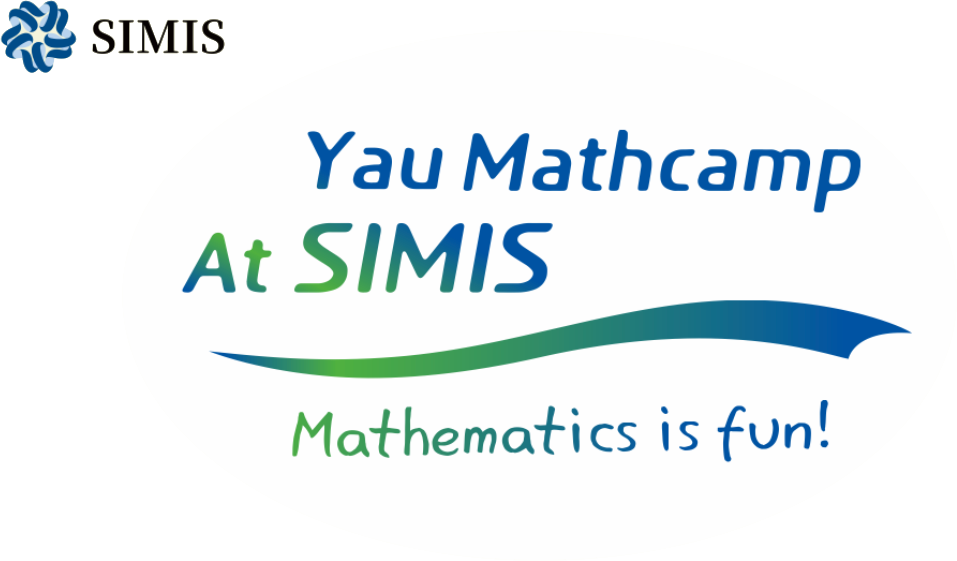the point is to discover them.
- Galileo.
Lecturers
-
 Oleg German
Moscow State University
Oleg German
Moscow State University
Oleg German received his PhD from Moscow Lomonosov State University in 2005, under the supervision of Nikolay Moshevitin. His area of research includes Diophantine approximation, with applications in number theory. With Nikolya, he will be co-teaching a course in Analysis and Number Theory. He is a full professor at Moscow State University and an editor of Combinatorics and Number Theory.
-
 Siu-Cheong Lau
Boston University
Siu-Cheong Lau
Boston University
Siu-Cheong Lau is an associate professor at Boston University. He received his PhD at The Chinese University of Hong Kong. His fields of research interest are geometry, mathematical physics, and applications of geometry in data spaces. He will be teaching geometry and topology at Mathcamp.
-
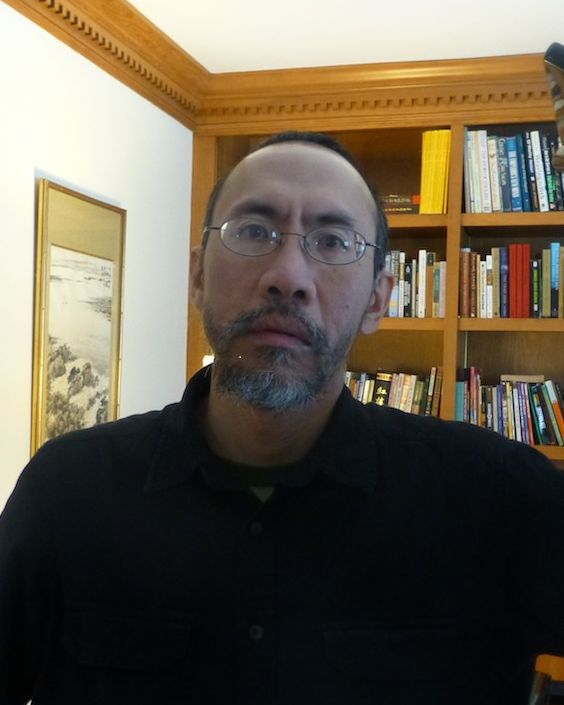 Bong Lian
Brandeis University and SIMIS
Bong Lian
Brandeis University and SIMIS
Bong Lian 连文豪 is a Professor at Brandeis University in Boston, Massachusetts. He received his PhD in Physics from Yale University in 1991. He was a postdoctoral fellow at the University of Toronto, and later at Harvard University. He joined the Brandeis Mathematics Department in 1995, and has remained on their faculty since. Professor Lian’s research is at the interface between Mathematics and Physics, and has been interested in questions about the geometry of a class of spaces known as Calabi-Yau manifolds. His research interests also include representation theory and string theory. Professor Lian was awarded a John Simon Guggenheim Research Fellowship in 2003 http://www.gf.org/fellows/all-fellows, and he received a Chern Prize at the 2013 International Congress of Chinese Mathematician in Taipei, ”for exceptional contributions to mathematical research or to public service activities in support of mathematics. https://en.wikipedia.org/wiki/ Chern_Prize_(ICCM), http://iccm.tims.ntu.edu.tw/#@MorningsideAwards In 2015, he joined eight renowned mathematicians to received a Simons Collaboration Grant on Homological Mirror Symmetry, https://schms.math.berkeley.edu/. In 2014, along with Professor Shing-Tung Yau, Lian cofounded the Tsinghua Mathcamp and has served as its Director since its founding. Professor Lian will be teaching Linear Algebra I and II at this Mathcamp.
-
 Yu-Wei Fan
Tsinghua University
Yu-Wei Fan
Tsinghua University
Yu-Wei Fan is an assistant professor at YMSC, Tsinghua University. He received his PhD at Harvard University in 2019. Before joining Tsinghua, he worked as a Morrey visiting assistant professor at UC Berkeley. His research interests lie in algebraic geometry and related areas. He will be teaching Algebraic Combinatorics at Mathcamp.
-
 Olivier Fouquet
Université de Franche-Comté
Olivier Fouquet
Université de Franche-Comté
Olivier Fouquet is a professor in arithmetic and arithmetic geometry at Université de Franche-Comté, in France. He received his PhD from Université Paris 6 in 2007. Since then, he has held positions in University of Osaka, Université Paris-Sud and University of Montreal. His researches deal with arithmetic properties of Galois representations and L-functions attached to modular forms and automorphic representations. He will be teaching Algebra and Number theory at Mathcamp.
-
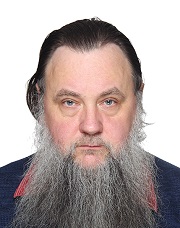 Nikolay Moshchevitin
Moscow State University
Nikolay Moshchevitin
Moscow State University
In 2004 - 2022, Nikolay Moshevitin was a Professor of Number Theory at Moscow Lomonosov State University (Russia). In 2022-2023, he was a Visiting Professor at the Israel Institute of Technology, Technion (Israel), and at Tsinghua University (China). Since March 2024, he has been a Researcher in Technische Universität Wien (Austria). He is also Co-editor-in-chief of Combinatorics and Number Theory, editor of Pure and Applied Mathematics Quarterly. N. Moshchevitin works mostly in Diophantine Approximation and related topics. He gave solutions to several problems posed by W.M. Schmidt and published about 100 papers.
-
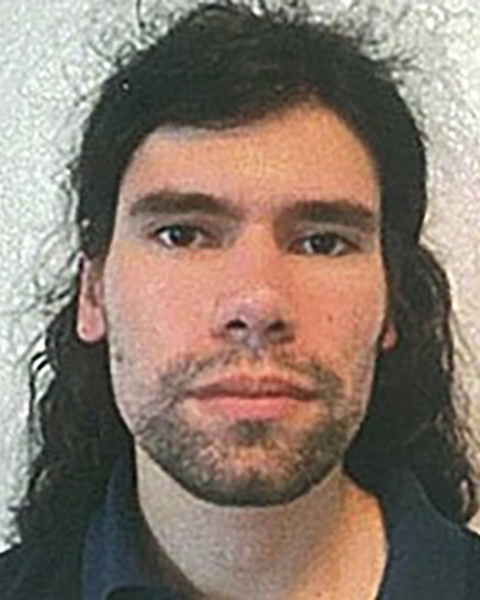 Mauricio Romo
Fudan university and SIMIS
Mauricio Romo
Fudan university and SIMIS
Mauricio Romo is an associate professor at SIMIS, Fudan University. He received his PhD at University of California, Santa Barbara in 2012. Before joining SIMIS and Fudan, he worked as an assistant professor at Tsinghua University and as a postdoctoral researcher at Kavli IPMU and IAS at Princeton. His research interests lie in string theory, mathematical physics and algebraic geometry. He will be teaching Physics at Mathcamp.
-
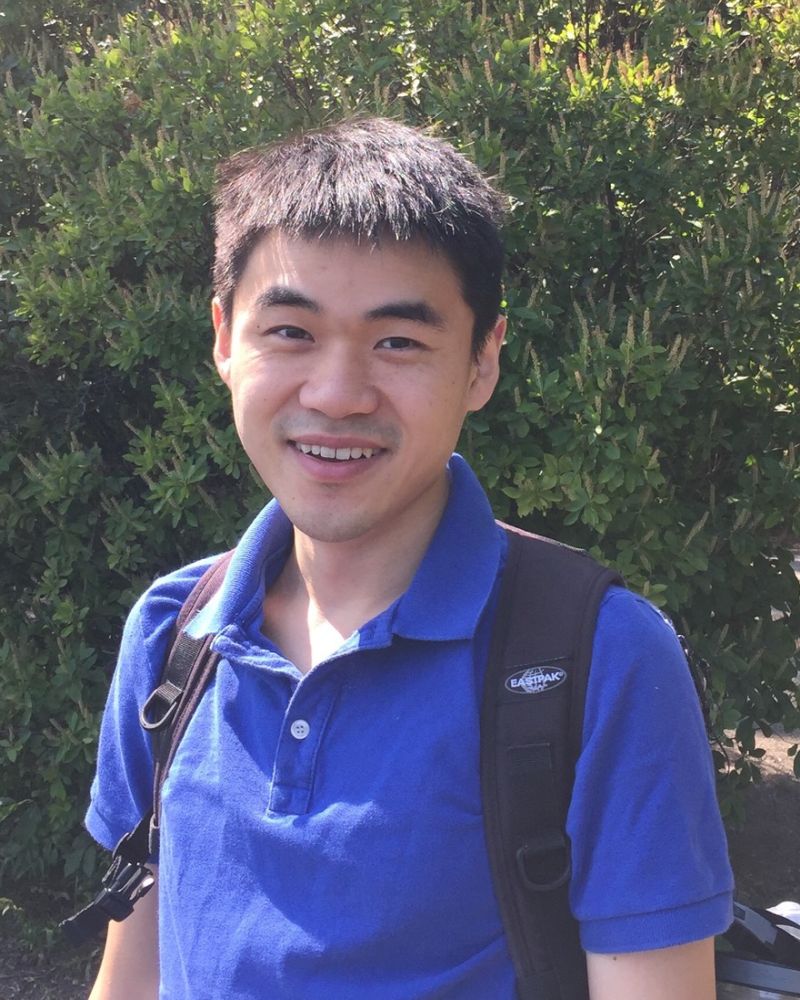 Chenglong Yu
Tsinghua University
Chenglong Yu
Tsinghua University
I am an assistant professor at YMSC, Tsinghua University. My research is in algebraic geometry. I am interested in the geometry and arithmetic properties of Calabi-Yau varieties, especially the differential systems arising from Calabi-Yau families. I am also interested in moduli of K3 surfaces and cubic fourfolds. Recently I am working on constructions of complex hyperbolic ball quotients and related questions in hyperplane arrangements.
Coaches
-
 Marsault Chabat
Université de Franche-Comté
Marsault Chabat
Université de Franche-Comté
I'm a French PhD student. My research area is arithmetic geometry. More precisely, I'm working on Iwasawa theory of Abelian surfaces which I describe in what follows. The aim of this theory is to prove the Birch and Swinnerton-Dyer conjecture, so let's begin by explaining that. It is a conjecture which says that if one wants to find points on a curve with rational coordinates, then a lot of information about these solutions is contained in the behaviour of certain functions (named the L functions). This conjecture is extremely difficult to prove, and one way to attack it is Iwasawa theory so we conclude by explaining how with an analogy. Imagine that you want to show that two integers are equal. Then (for example) you can remember that each integer can be written by a unique product of powers of prime numbers and try at first to pick a prime number and show that the same power of this prime number appears on each integer. If you can do this for every prime number, then you have shown that the two integers are indeed equal. Note that the same is true for rational numbers (instead of integers) but there might be a negative power of primes. Now let's go back to Iwasawa theory. As explained above, Birch and Swinnerton Dyer conjecture predict a relation between rational points on curves and what we called L-functions. Both of these objects are of rational nature, so by analogy with rational numbers, we can try first to show this relation at a fixed prime number. This is what Iwasawa theory is trying to do in that context.
-
 Arthur Gerard
Université de Franche-Comté
Arthur Gerard
Université de Franche-Comté
Arthur Gerard is a french PhD student at Université de Franche-Comté. He graduated from the university of Paris-Diderot in Mathematics and from CentraleSupelec (engineering school) as well. His research interest is Number Theory and Arithmetic of modular forms.
-
 Jianqiao Xia
Harvard University
Jianqiao Xia
Harvard University
Jianqiao is a graduate student at Harvard University, receiving his PhD in maths in 2024. His research focuses on geometric representation theory. It draws tools from representation theory, algebraic geometry and number theory. In particular, He is interested in the local geometric Langlands correspondence. This can be seen as a vast generalization of the local class field theory.
-
 Zijun Li
ENS Lyon
Zijun Li
ENS Lyon
Zijun is a graduate student at ENS Lyon and will start his PhD in Mathematics in the autumn. He also attended this Mathcamp five years ago. His research interests are representation theory and its connection to topological quantum field theory. More precisely, the main object of his study is the action of Kac Moody groups on the masure, a combinatorial object defined by Gaussent and Rousseau, and the combinatorial structure of MV polytopes induced by KLR algebras. He is interested in the relations between these combinatorial objects and associated algebraic objects. In addition, the cobordism hypothesis allows us to relate the category of representations of an algebraic object with a categorical topological quantum field theory. He is also interested in finding algebraic properties from the topological aspect.
-
 Yumou Fei
Peking University
Yumou Fei
Peking University
I am an incoming graduate student at MIT EECS department, having completed my undergraduate studies at Peking University with a major in mathematics. My research interests span theoretical computer science, probability theory, and combinatorics.
-
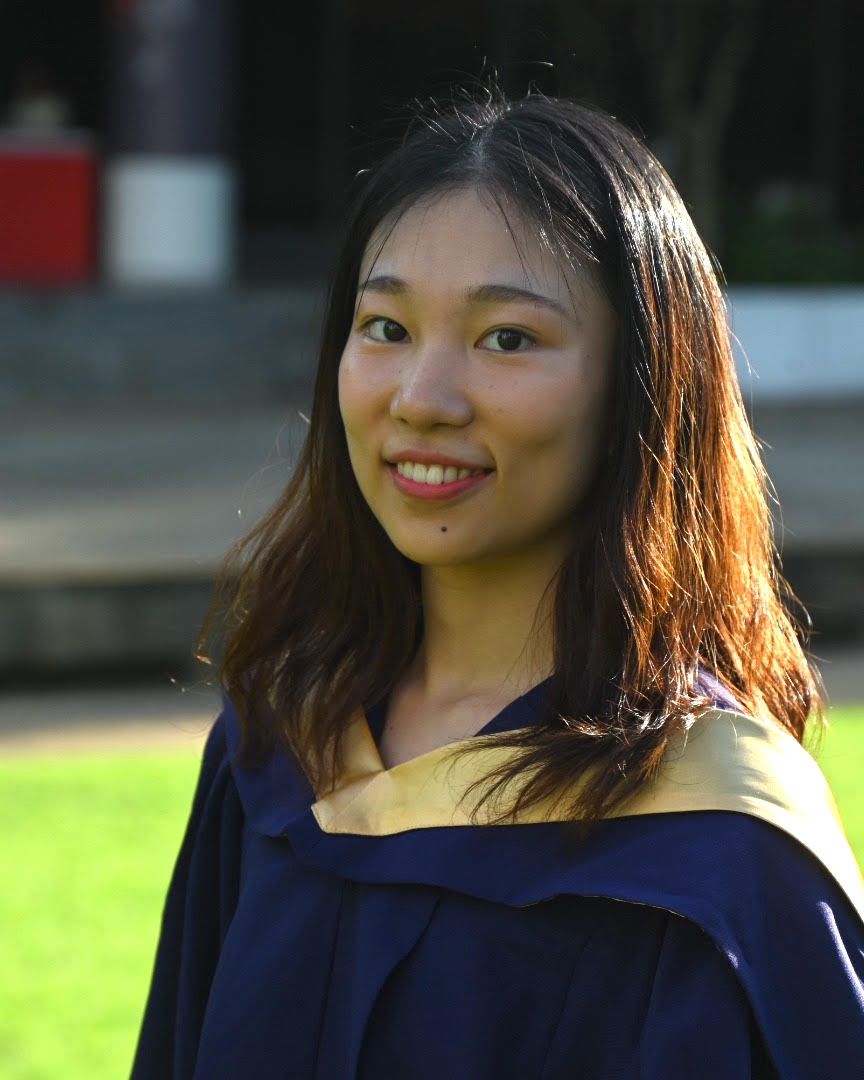 Xinyu Fang
National University of Singapore
Xinyu Fang
National University of Singapore
I just completed my bachelor's degree in Mathematics at National University of Singapore, and will be starting my PhD studies at Harvard University this Fall. Currently, I am interested in Algebra, Algebraic Geometry and Number Theory.
-
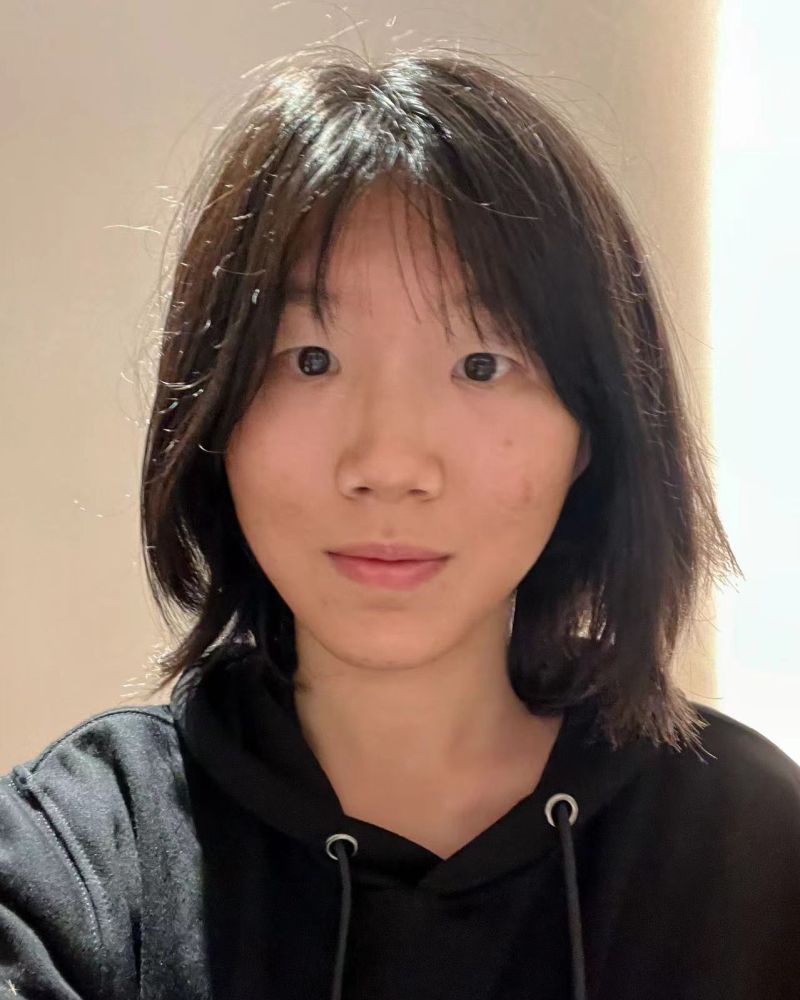 Hang Chen
Harvard University
Hang Chen
Harvard University
Hang Chen will start pursuing a Ph.D. in Math at Harvard this upcoming fall. Her academic interest is number theory. She will be coaching for Algebraic Combinatorics I at the Mathcamp.
-
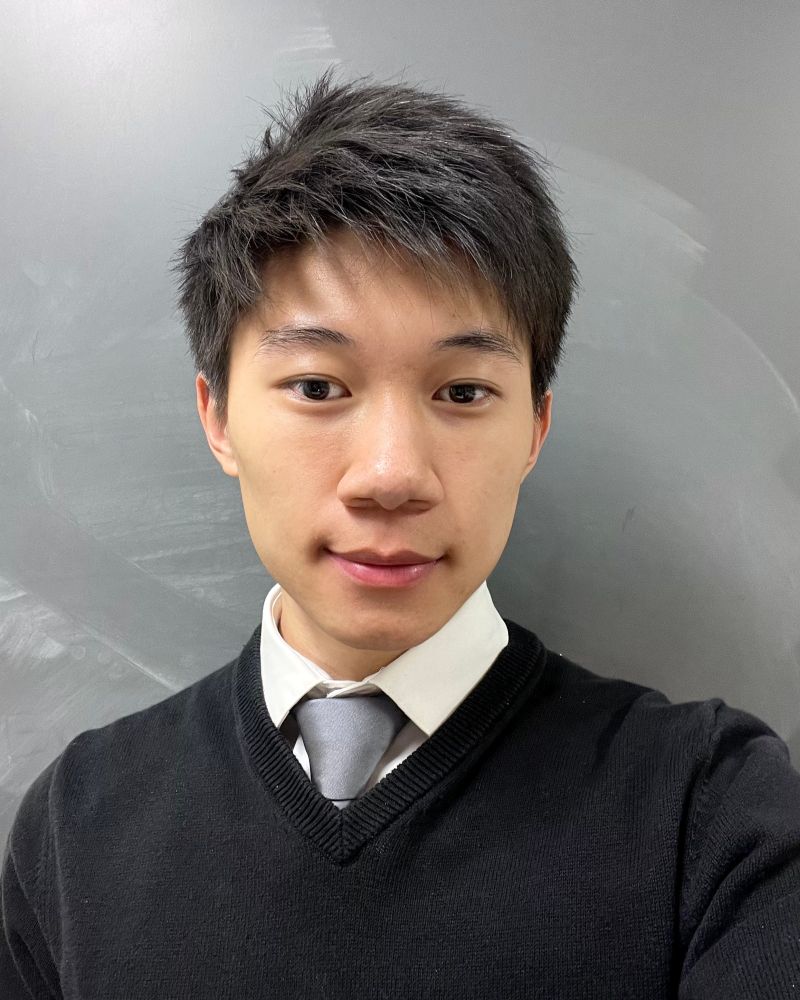 Daniel Hu
Harvard University
Daniel Hu
Harvard University
Daniel is a current mathematics Ph.D. student at Harvard University. His academic interest is number theory. He will be coaching for Algebraic Combinatorics I at the Mathcamp.
-
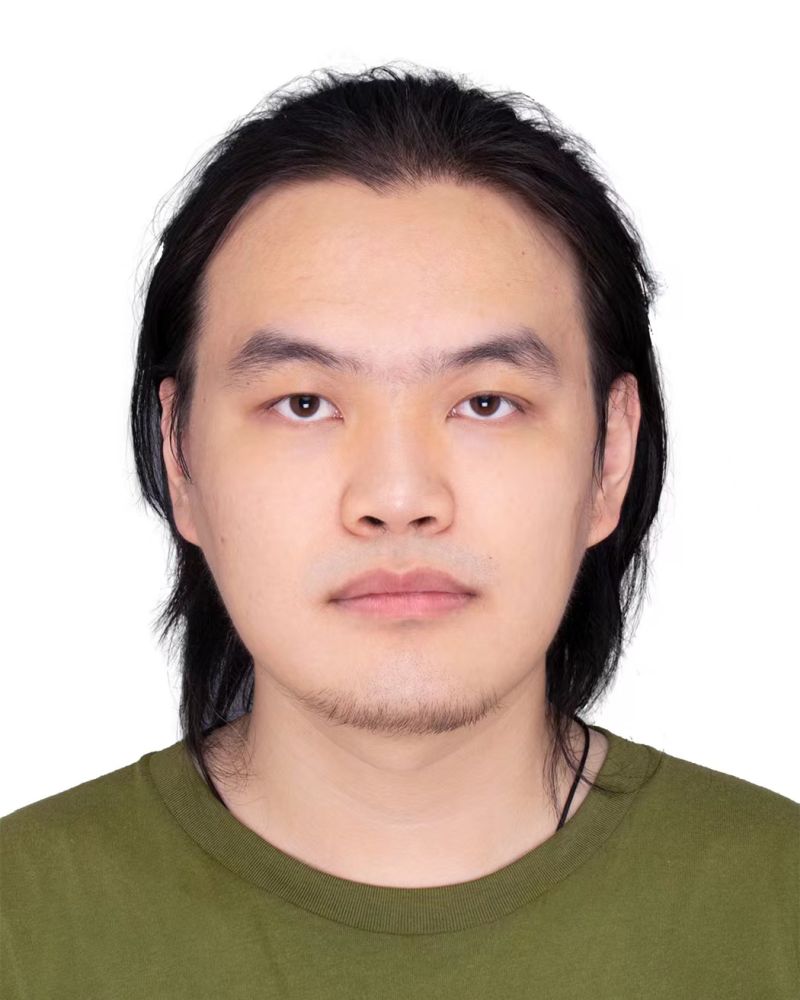 Holiverse Yang
Chinese University of Hong Kong
Holiverse Yang
Chinese University of Hong Kong
Holiverse Yang is a research assitant at Chinese University of Hong Kong physics department and will be a PhD student at CUHK this Fall. His research interests is mathematical physics, including category theory in quantum field theory and quantum many-body systems. He will be coaching for Physics at Mathcamp.
-
 Estelle Basset
Université de Franche-Comté
Estelle Basset
Université de Franche-Comté
I am a french PhD student at Université de Franche-Comté in Besançon. My research area is Geometry of Banach spaces. In particular, I am interested in how the geometric properties of Lipschitz-free spaces, which are a specific type of Banach spaces, can provide results for the linear and non-linear classification of Banach spaces. More generally, I am very interested in teaching and I will be coaching for Number Theory at Mathcamp.
-
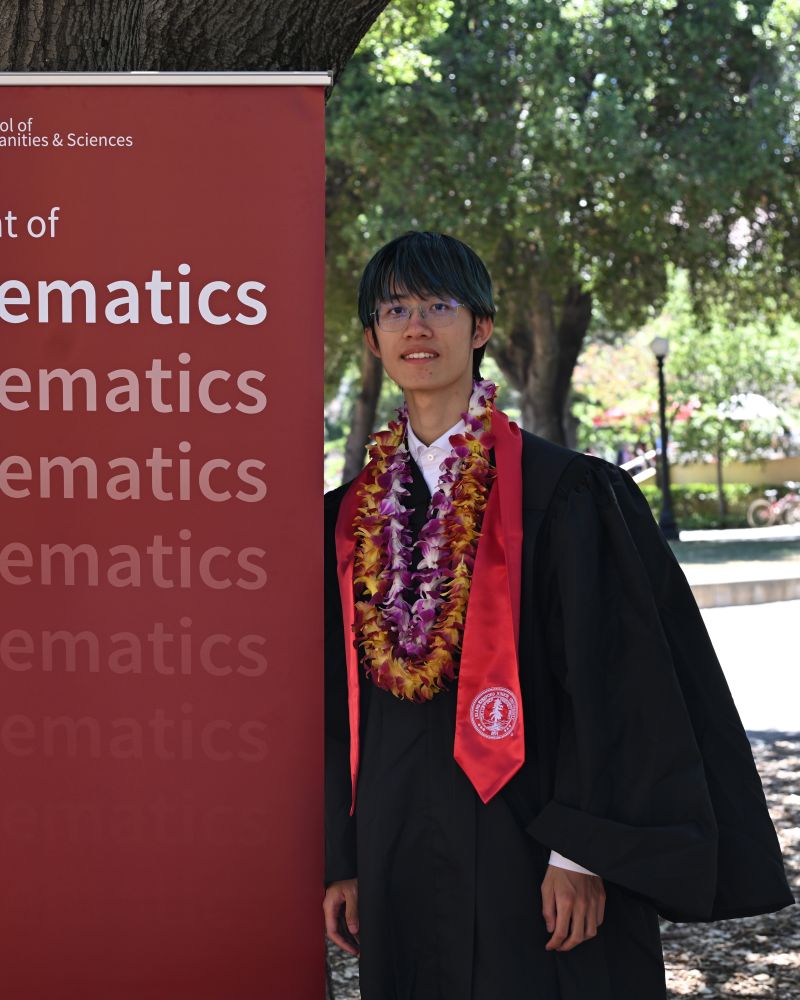 Zehan Hu
Stanford University
Zehan Hu
Stanford University
I'm an incoming graduate student at Stanford University, where I did my undergraduate studies. I'm deferring the offer to spend a year at Cambridge University. Several years ago, I attended this math camp, and I'm glad to be back. I'm broadly interested in geometry and topology, especially symplectic and contact geometry and h-principles in geometry. I will be coaching for Linear Algebra at the Mathcamp.
-
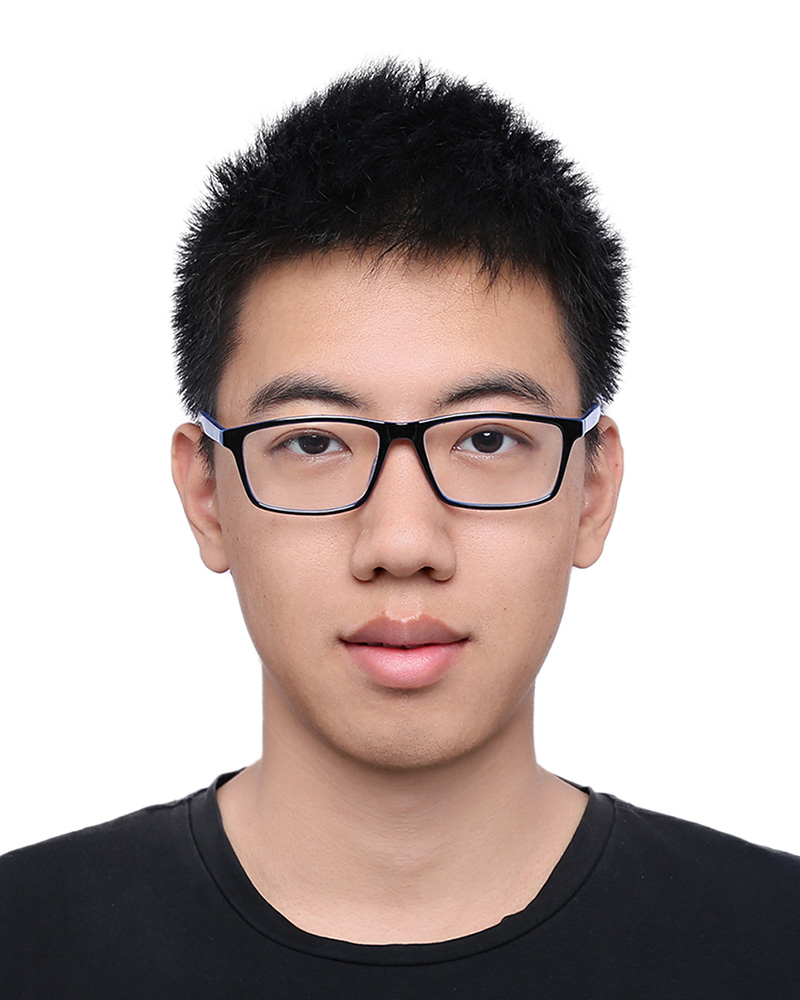 Yuanzheng Wang
Peking University
Yuanzheng Wang
Peking University
Yuanzheng Wang has just completed his bachelor's degree in Mathematics at Peking University, and will pursue his Ph.D. in Math at MIT. His academic interest is probability theory. He will be coaching Algebraic Combinatorics II at the Mathcamp.
